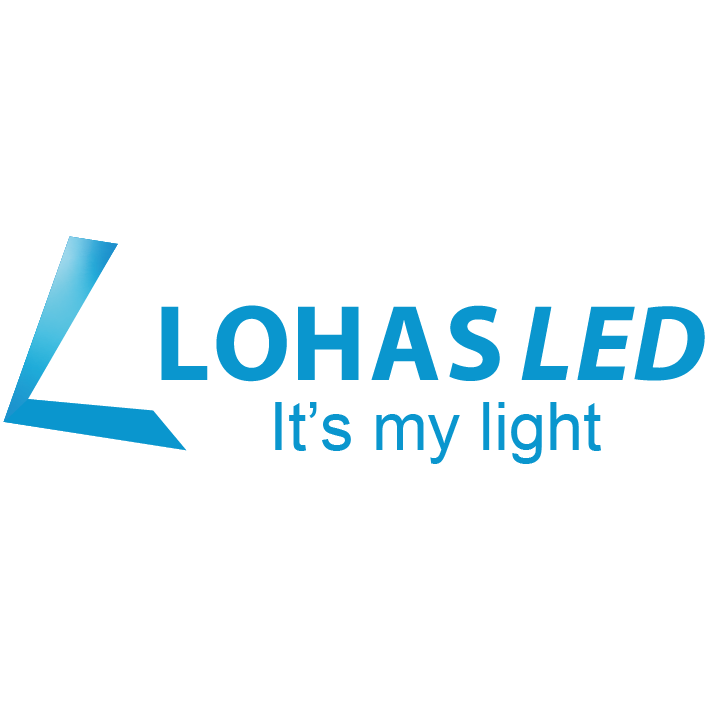How to Improve the Lifespan and Performance of Solar Lights
The use of solar photovoltaic power generation is an irreversible trend in energy utilization. With a solar panel inside to convert solar energy into electricity, the solar light is a new kind of safe and environment-friendly lighting that is paid more and more attention today. During the day, even on cloudy days, the solar panel collects and stores solar energy, and then shine brightly at night. In order to get the most out of solar lights and get value for money, it is important to know how to properly use and maintain them. Therefore, in this article we will share some tips for improving the lifespan and performance of solar outdoor lights.

Contents:
How Long Does A Solar Light Last?
Tips for Using and Maintaining Outdoor Solar Lights
How Long Does A Solar Light Last?
Do you know how long the solar lights last? Well, in a normal use case, the solar light's life can be up to 25 years, the standard batteries inside are expected to decay, normal use can last for 3-4 years, and if the light is made of LED, then it may last for more than 10 years. When the solar light doesn't work very well like become not be as bright as they used to be, it's must be the time to change or fix something. Surely, there are also factors that may affect the lifespan of your outdoor solar lights, such as the installation location of your solar lights, the cleaning of the solar panels, etc..
Tips for Using and Maintaining Outdoor Solar Lights
When using solar lights outside, you may encounter some problems, such as dead batteries, low light, poor absorption due to sunlight, or light failures in general. If there is a problem with your solar lights, the general practice is to check the batteries and clean the panels first to see if the problem can be solved, and if not, buy a new one. However, this can lead to frequent lamp changes and a waste of money. Proper use and maintenance can greatly reduce the occurrence of this situation. But how? Read on to find out.
 Place Your Solar Lights Properly
Place Your Solar Lights Properly
To fully charge your solar panels, you should place your solar lights in an outdoor space with direct sunlight for 6-8 hours a day. Avoid installing them near trees, walls, or rooftops, which can shade solar panels and lower their output during the day. Solar outdoor lights should also not be installed close to other artificial light sources, because getting too close will make the sensor useless, thereby affecting the lighting effect. Besides, the panels' tilt angle of some solar lights can be adjusted. For example, in the United States, you should set the panels' tilt angle to 30 degrees in summer and 45 degrees in winter. The panels should also face south to maximize the use of the sun. Plus, placing your solar lights to wall lamp, pendant lamp or other lighting fixtures will also do help to prevent them from getting damaged with the bad weather.
 Charge the Batteries before Using
Charge the Batteries before Using
Many people, when they get their solar lights, are eager to use them right away. But it's true that you shouldn't use them immediately. Expose the solar lights directly to the sun to let the batteries be fully charged ahead of all. Then your solar lights can last at night for at least 8 hours, emitting you the light almost all night.
 Replace Batteries Regularly
Replace Batteries Regularly
To maintain the lifespan and performance of your solar lights, you should check the batteries charging and discharging at regular intervals to keep track of the usage of the batteries. Also, you can replace the rechargeable batteries every two years, although they may last longer than that.
 Clean the Solar Panels Frequently
Clean the Solar Panels Frequently
Cleaning the solar panels is necessary. The solar lights work best at night only when the panels receive enough sunlight for a full charge. Most solar lights are usually used outdoors, so their solar panels are exposed for a long time can be covered with dust, leaves, bugs and other dirt. A proper way is to use a dry cloth and warm soapy water to clean the surface of the panels carefully once a week.
 Turn off the Solar Lights on Rainy Days
Turn off the Solar Lights on Rainy Days
It is recommended to turn off the solar lights when it's rainy or about to rain, so as to extend the life of the batteries and maintain a good performance. Although most solar lights are designed for outdoor use, they are difficult to withstand severe weather, such as strong winds or rainstorms. Therefore, they need to be stored indoors for best protection.
Without requiring any extra electricity, solar lights are environmentally friendly appeal to most people. With these simple and useful tips mentioned above to help you proper care and maintain your solar lights, the lifespan and performance of them can be greatly improved.
 USD
USD GBP
GBP CNY
CNY SAR
SAR SGD
SGD NZD
NZD ARS
ARS INR
INR COP
COP AED
AED